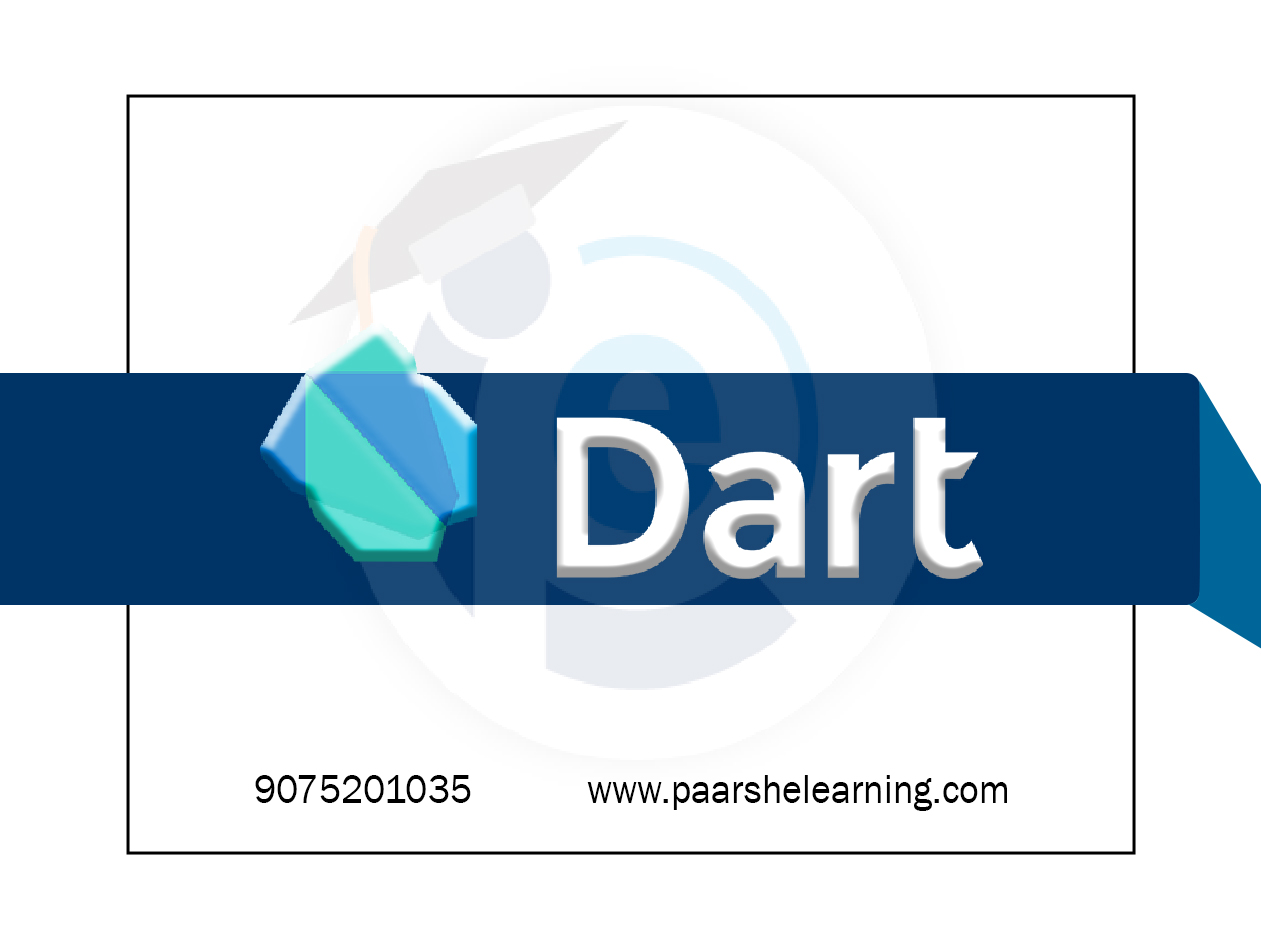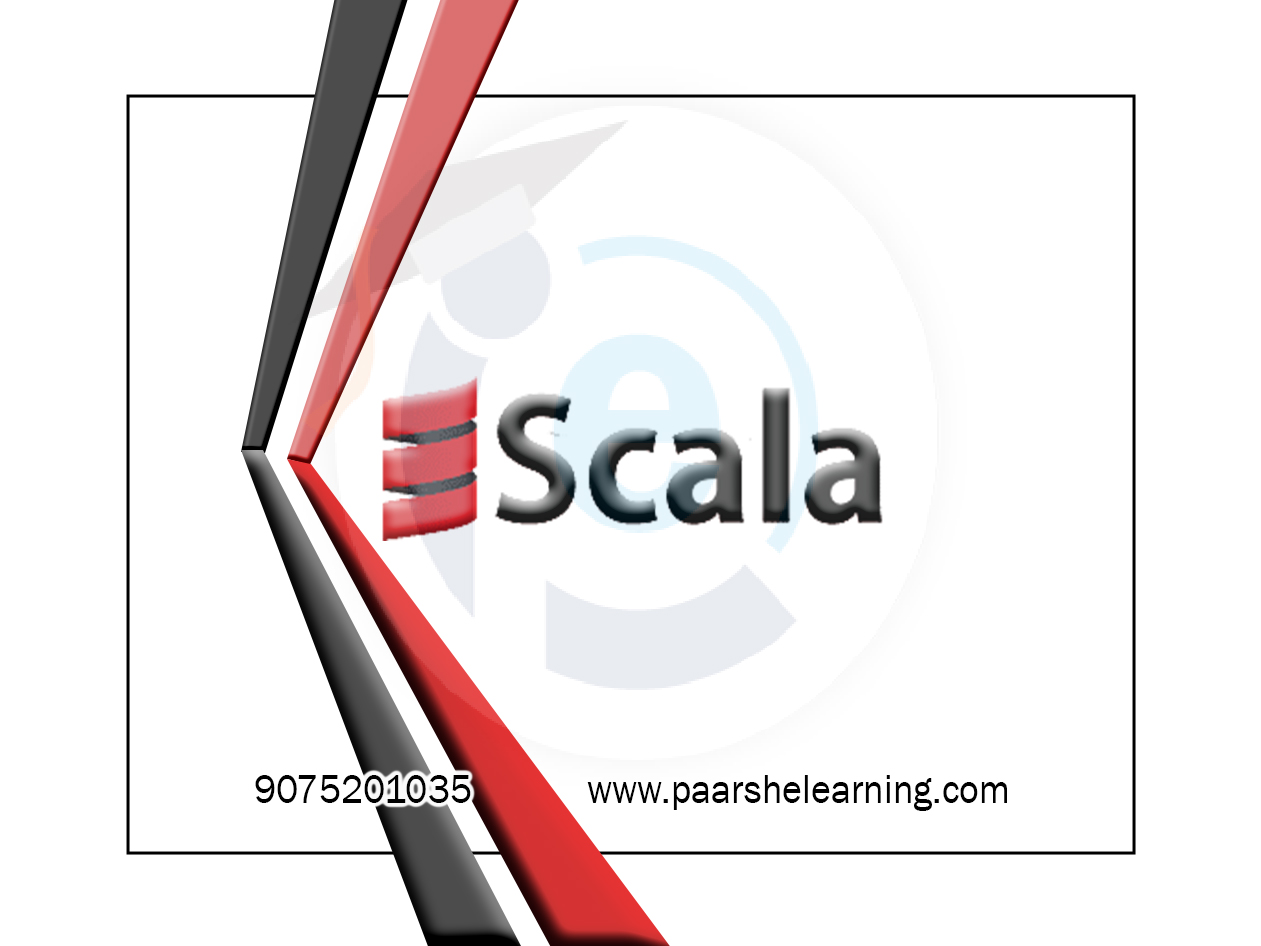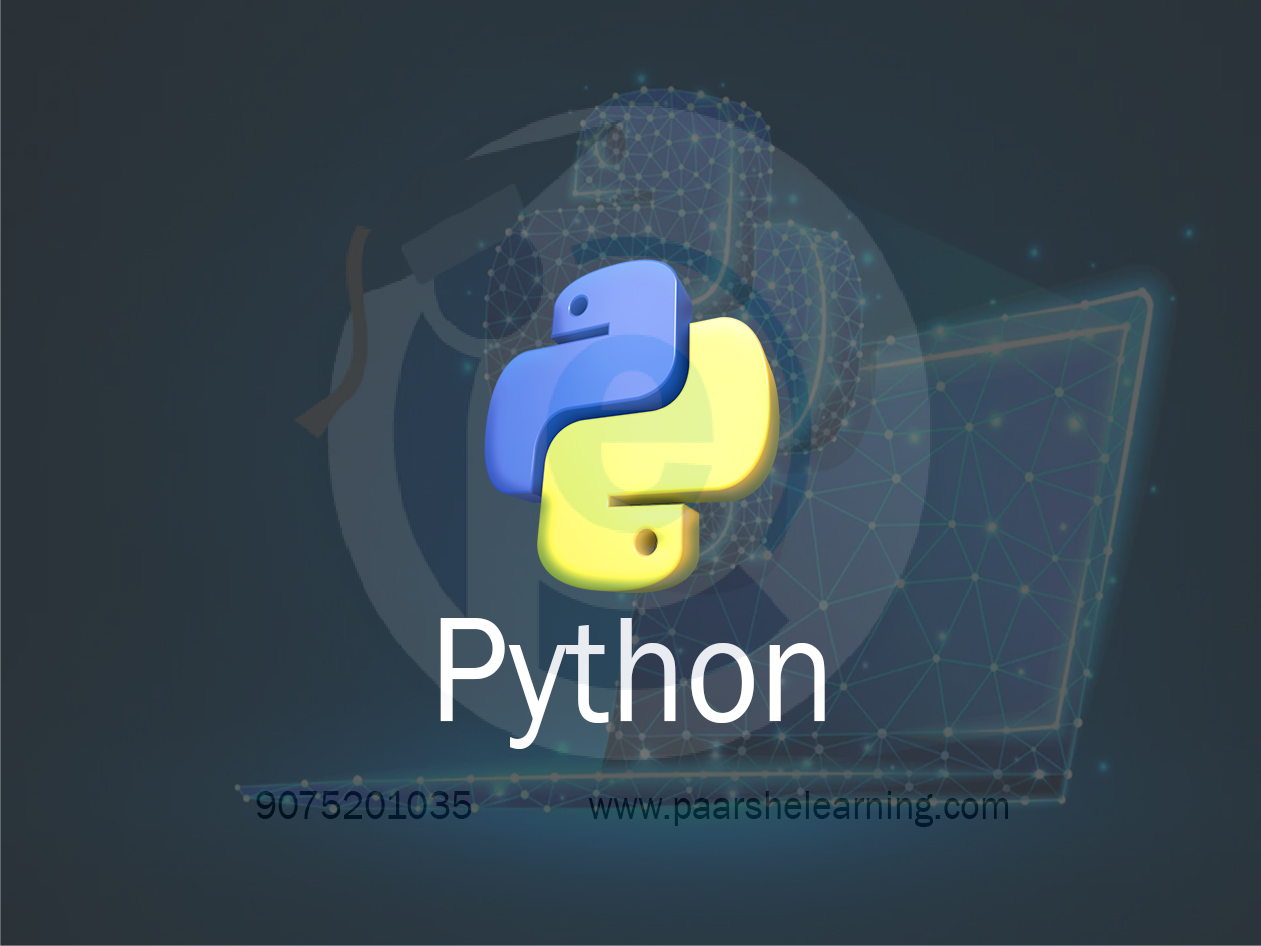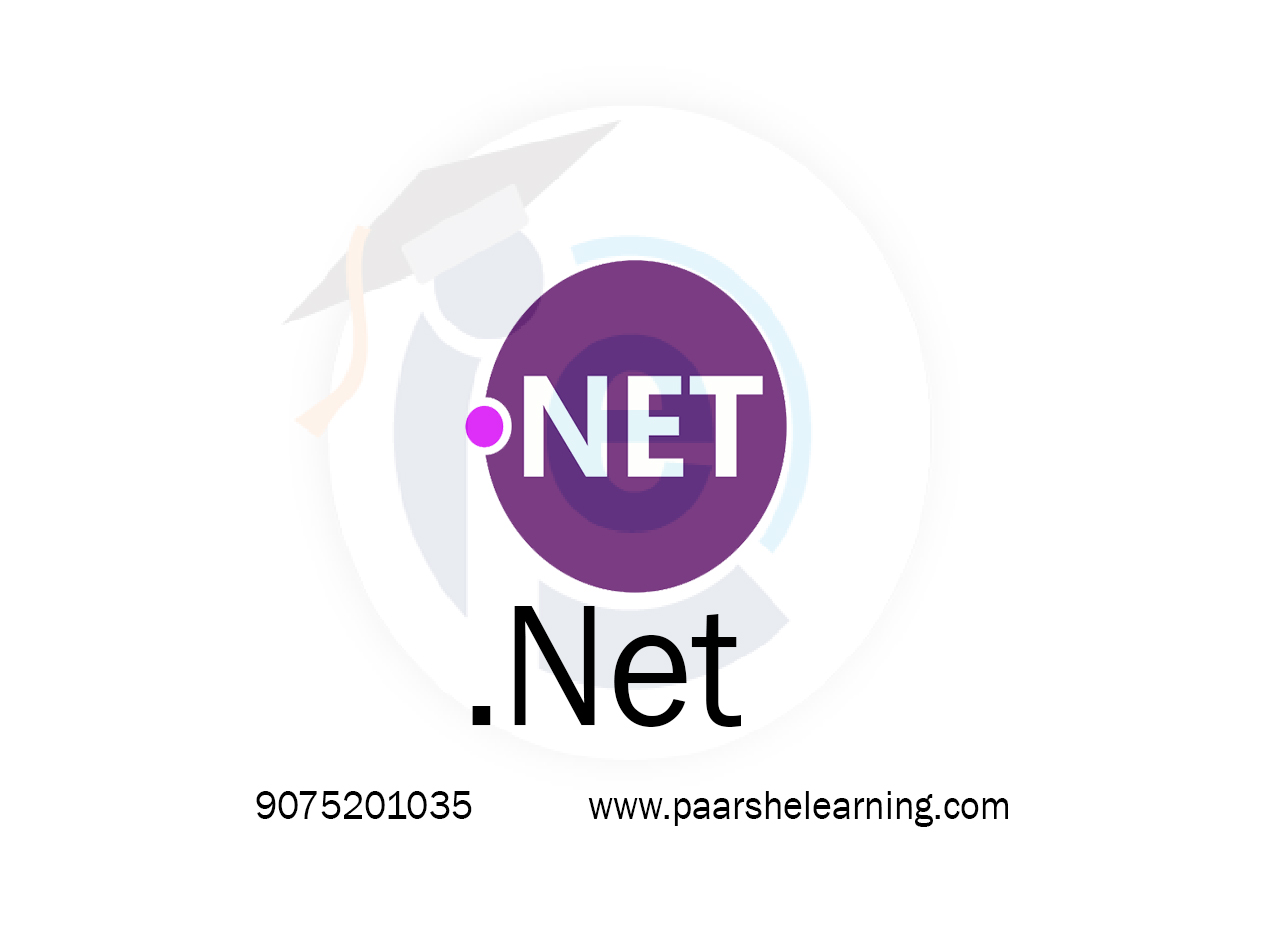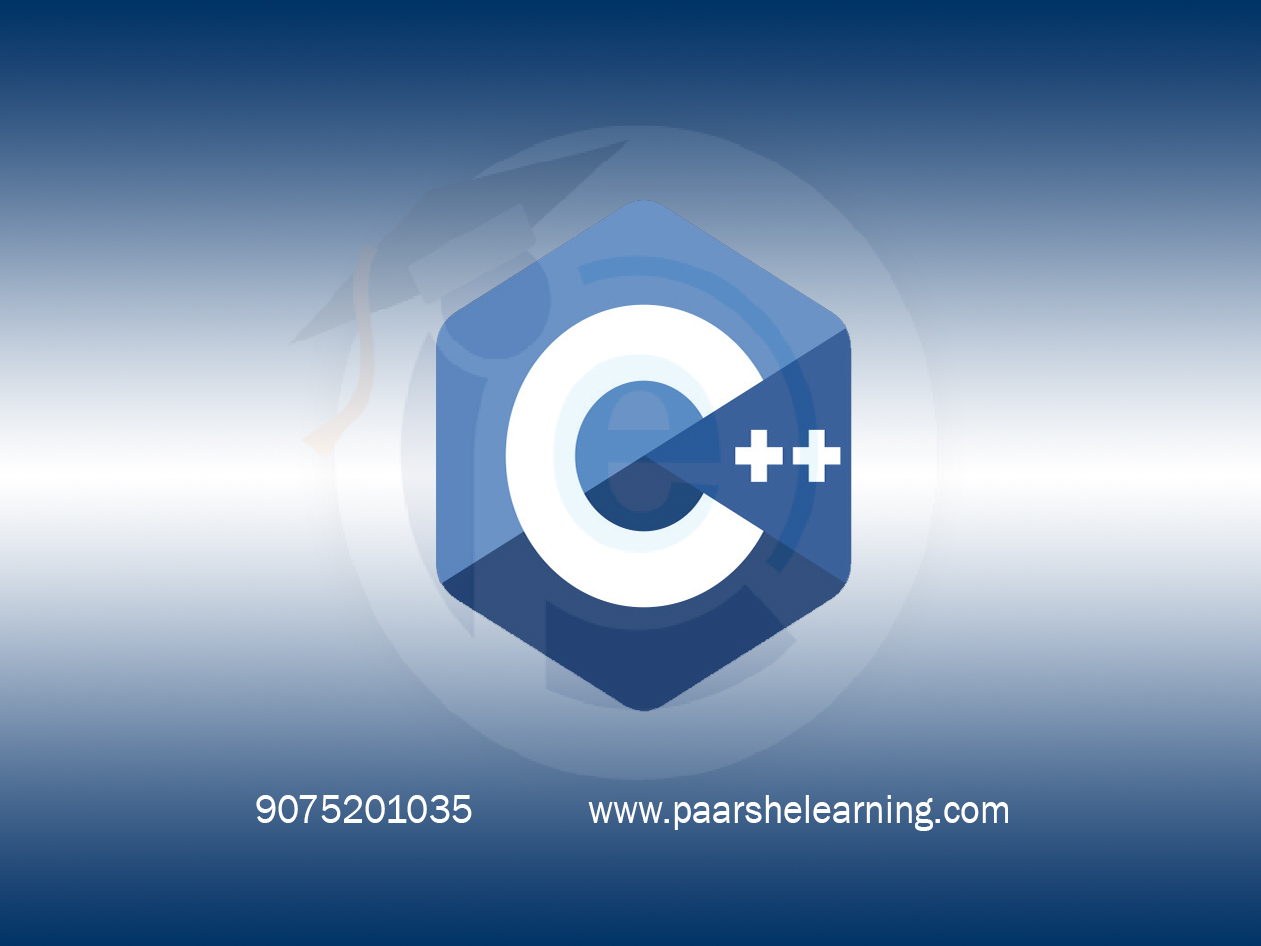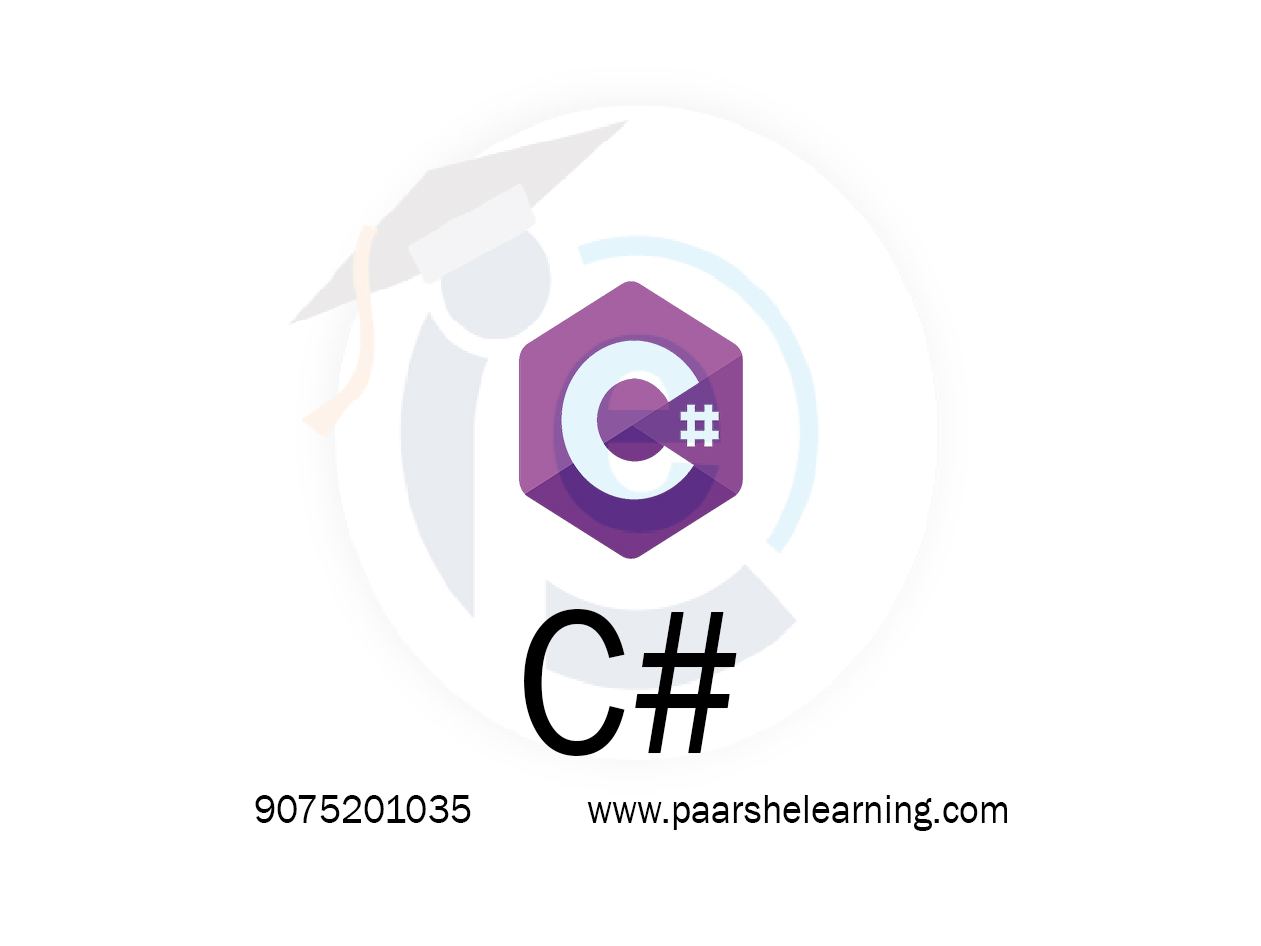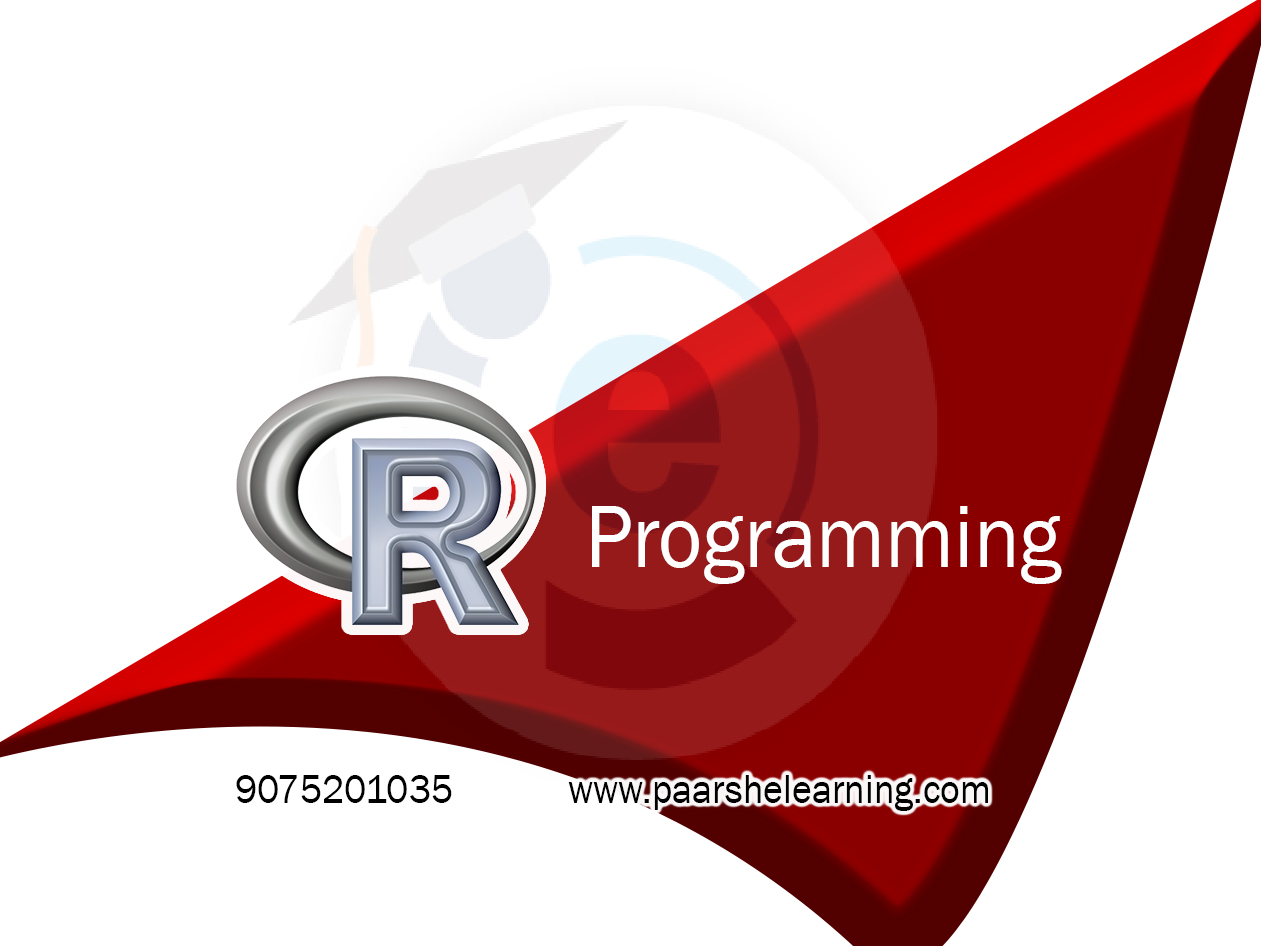- Understanding programming fundamentals: A programming course may cover basic programming concepts such as variables, data types, control structures, and functions.
- Learning a programming language: A course may focus on teaching a particular programming language, such as Dart, Java, Python, or Scala, covering language syntax, built-in data structures, and commonly used libraries.
- Learning programming paradigms: A course may cover different programming paradigms, such as object-oriented programming, functional programming, or concurrent programming, and how to apply them in practice.
- Learning software development tools and techniques: A course may cover tools and techniques commonly used in software development, such as version control with Git, testing, debugging, and performance optimization.
- Building applications: A programming course may focus on building applications, such as web or mobile applications, command-line tools, or games, using a particular programming language or framework.
- Collaboration and teamwork: Some programming courses may include collaborative assignments or group projects, allowin
Dart
Course description
Dart is a client-optimized programming language developed by Google. It is designed to be easy to learn and use, with a syntax that is similar to popular programming languages such as Java, C++, and JavaScript.
Dart can be used for building various types of applications, such as web and mobile apps, command-line tools, and server-side applications. Some popular frameworks and libraries for building web and mobile applications with Dart include:
-
Flutter: A popular UI toolkit for building natively compiled applications for mobile, web, and desktop from a single codebase.
-
AngularDart: A web framework for building complex, scalable web applications using Dart and Angular.
-
Aqueduct: A server-side web framework for building RESTful APIs and services using Dart.
Some prerequisites for learning Dart may include:
-
Basic programming knowledge: Before learning Dart, it's recommended to have some basic programming knowledge and familiarity with programming concepts such as variables, data types, control structures, and functions.
-
Familiarity with object-oriented programming (OOP): Dart is an object-oriented language, so it's important to have a good understanding of OOP principles such as inheritance, encapsulation, and polymorphism.
-
Understanding of asynchronous programming: Dart has built-in support for asynchronous programming using the
asyncandawaitkeywords. It's helpful to have some understanding of asynchronous programming concepts and how to use them in Dart. -
Familiarity with HTML, CSS, and JavaScript: If you plan on building web applications with Dart, it's helpful to have some familiarity with HTML, CSS, and JavaScript.
-
Familiarity with command-line tools: Some Dart courses may require the use of command-line tools such as the Dart SDK or the Dart command-line interface, so it's helpful to be comfortable with using command-line interfaces.
What you will learn from this course?
This course includes!
- Daily Live session
- Access on Mobile and TV
- Certificate of completion
- Recommendation Letter
- Free lifetime access
- Resume building sessions
- 100% Job Placement
This course is for
- Beginner programmers: A Dart course may be designed for individuals who are new to programming and want to learn the basics of programming using Dart as their first language.
- Mobile app developers: Dart is the primary programming language used in Flutter, a popular UI toolkit for building natively compiled applications for iOS, Android, and other platforms. A Dart course may be targeted towards mobile app developers who want to learn how to build cross-platform mobile apps using Flutter.
- Web developers: Dart can also be used for web development, particularly with the AngularDart framework. A Dart course may be suitable for web developers who want to learn how to build web applications using Dart and AngularDart.
- Software developers: Dart is a general-purpose programming language, so a Dart course may be appropriate for software developers who want to add Dart to their skill set for building various types of applications.
- Individuals interested in app development: If you are interested in app development and want to learn a modern programming language that is used in building mobile, web, and desktop applications, a Dart course may be suitable for you.
Prerequisites for this course
- Basic programming knowledge: It is recommended to have some basic programming knowledge, such as familiarity with programming concepts like variables, control structures, and functions.
- Familiarity with object-oriented programming: Dart is an object-oriented language, so familiarity with object-oriented programming concepts like classes, objects, and inheritance may be beneficial.
- Familiarity with a programming language: Some knowledge of another programming language may be helpful in understanding the concepts and syntax of Dart.
- Experience with mobile app development: If the course is focused on mobile app development using Flutter, some experience with mobile app development may be beneficial.
- Familiarity with web development: If the course covers Dart for web development, some familiarity with web development concepts and technologies may be helpful.
Dart Language Syllabus
-
Introduction To Dart Programming
Understanding the importance and applications of Dart Setting up the Dart development environment Basics of Dart syntax and structure Writing and running your first Dart program
-
Variables, Data Types, And Operators
Introduction to data types: int, double, String, etc. Working with variables and constants Using arithmetic, relational, and logical operators Type inference and dynamic typing in Dart
-
Control Flow And Decision Making
Implementing if, else if, and else statements Working with switch-case statements Using loops: for, while, do-while Using break and continue statements
-
Functions And Functional Programming
Defining and calling functions in Dart Function parameters and return types Introduction to functional programming concepts Using higher-order functions and lambda expressions
-
Collections And Iterables
Working with lists, sets, and maps in Dart Performing operations on collections using map, filter, etc. Understanding the Iterable and Iterator interfaces Asynchronous programming with Future and Stream
-
Object-oriented Programming In Dart
Defining classes and objects in Dart Constructors, methods, and properties Inheritance, mixins, and abstract classes Using interfaces and implementing interfaces in Dart
-
Error Handling And Asynchronous Programming
Handling exceptions using try-catch blocks Understanding asynchronous programming in Dart Using async, await, and Future for non-blocking operations Error handling and chaining asynchronous operations
-
Building Web And Mobile Apps With Dart
Introduction to the Flutter framework Creating user interfaces with Flutter widgets Handling user input and state management Building a complete Flutter project using Dart
-
Paarsh E-Learning encourages hands-on practice, assignments, and projects throughout the course to reinforce students' understanding of Dart programming concepts. Assign projects that gradually increase in complexity to challenge their skills. Cover both theoretical concepts and practical coding exercises to provide a well-rounded learning experience.
